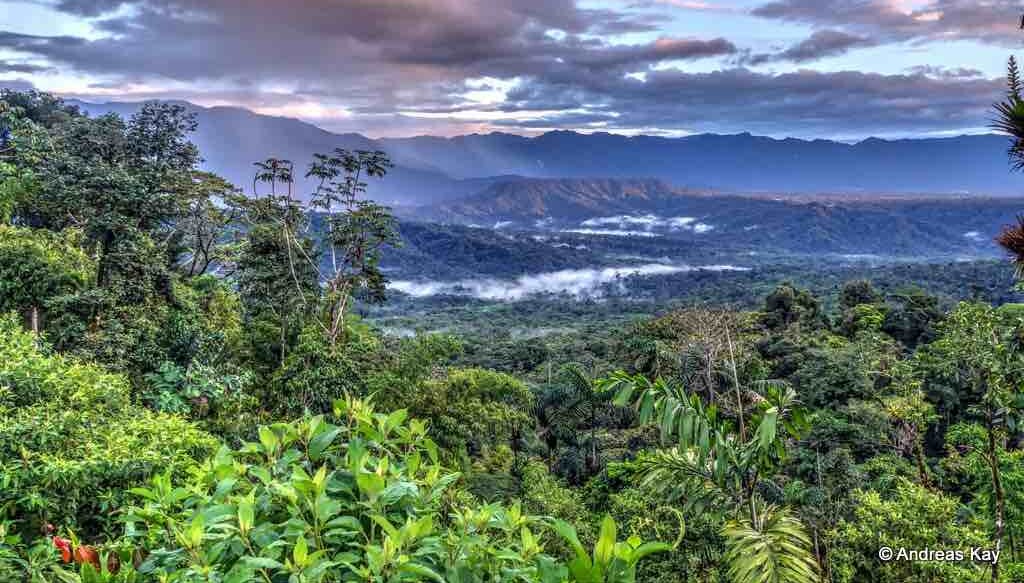
In the only study of its kind ever attempted, one which poured over hundreds of papers examining the impact of conservation efforts, scientists from England have determined that conservation as a whole can and does work.
Looking at data from as far back as 1890, the researchers say they have produced the first-ever evidence that whatever declines are affecting nature globally, conservation work can reverse them.
For the study, the authors ran a meta-analysis including 186 different papers reporting on 665 different conservation trials that measured biodiversity over time and compared outcomes under conservation action with a suitable counterfactual of no action.
“We find that in two-thirds of cases, conservation either improved the state of biodiversity or at least slowed declines,” the authors write. “Specifically, we find that interventions targeted at species and ecosystems, such as invasive species control, habitat loss reduction and restoration, protected areas, and sustainable management, are highly effective and have large effect sizes.”
“This study provides the strongest evidence to date that not only does conservation improve the state of biodiversity and slow its decline, but when it works, it really works,” said Dr. Penny Langhammer, executive vice-president of environment charity Re:wild.
Speaking with the BBC, Dr. Langhammer critiques world news headlines regarding extinction rates, saying that they miss the forest for the trees, and can easily lead to people believing that humanity is failing nature.
Data was determined to either provide an absolute positive benefit, relative positive benefit, absolute negative impact, or a relative negative impact, and in all but 20% of the cases, some benefit was observed for whatever the targeted effort was attempting to prevent.
In the cases where a relative negative impact was measured, wherein a targeted conservation measure was worse than doing nothing, some still produced improvements, just less than was seen from doing nothing.
Even within the trials that showed absolute negative impact, such as the case with the Australian seahorse, there was a positive effect to be observed. The seahorse’s numbers declined after the creation of a marine protected area to ensure their habitat was safe, but this was because the populations of their natural predators grew larger owing to the protection, and thus ate more of the seahorses.
NEWS LIKE THIS FROM THE USA: Texas Lists Two Critical Pollinator Flowers as Endangered Species, Practically Guaranteeing Milkweed Recovery
Many different kinds of trials were examined, such as pollution or invasive species control, habitat protection or restoration, the establishment of protected areas, and the sustainable management or use of these areas.
BBC reports that some of the exceptional successes included reducing deforestation in the Congo Rainforest by 74%.
In 2022, nearly the entire UN signed onto the Global Biodiversity Convention which aims to reverse the decline of natural ecosystems and wildlife globally. The convention estimated that a hefty sum of $200 billion would be needed every year to fund it, which the paper says is not being met.
MORE CONSERVATION PROOF OF SUCCESS: The Greatest Conservation Story Ever Told Isn’t Really Being Told
The authors surmise that their examination of conservation literature shows that conservation should be funded to the maximum extent as it has an exceptional track record of success.
“Conservation actions are investments rather than payments—and, as our study demonstrates, they are typically investments that yield genuine, high-magnitude positive impacts,” they conclude.
SHARE This Never-Before-Seen-Data With Your Friends Worried About Nature…




















